A brand new discovery is turning back the clock on human history in Canada. A team of archeologists have found the remains of a village that is about 14,000 years old. The discovery was made on Triquet Island, a small island on the British Columbia coast that is about 500 kilometres (310 miles) from Victoria.
This makes it one of the very oldest settlements ever found in North America.
How old is that?
These artifacts are three times older than the Great Pyramids of Egypt. (Getty Embed)
14,000 years sure sounds like a long time ago, but just how old is it?
For starters, the world was still stuck in the last Ice Age at this time. Much of the planet was covered by deep glaciers and temperatures were a lot colder. The woolly mammoth was still alive, too! 14,000 years ago, the first cities of Mesopotamia (modern Iraq) hadn't even been founded yet. The Egyptian pyramids wouldn't arrive for another 8,000 years or so. The Olmec civilizations of Mexico? They wouldn't arrive for another 10,000 years!
Or, to quote Alisha Gauvreau, a researcher who worked on the dig: "Holy moly, this is old." No kidding, right?
Archeologists discovered stone tools, fish hooks, spears, and evidence of fires being made.
Stories confirmed
Today the Heiltsuk Nation is based on a reserve in Bella Bella, B.C., near Triquet Island. (Getty Embed)
This ancient village matches with stories passed on for generations by the Heiltsuk Nation (say HELLT-suhk), an Aboriginal group that lives in the area. The Heiltsuk have long told tales of their ancestors who lived in small villages on the coast. According to the tales, they lived here because it was one of the few areas that wasn't frozen over during the last Ice Age.
"It reaffirms the oral history that has been handed down to us by our ancestors over hundreds of generations,'" William Housty of the Heiltsuk told CBC. "It was a place that our ancestors flocked to for survival."
Meanwhile, the discovery is helping to shape science's idea of how humans first arrived in North America. For years, historians have thought that humans came across a "land bridge" that once connected Asia to modern Alaska. But this settlement proves that the coast of North America was more livable at this time that once thought.
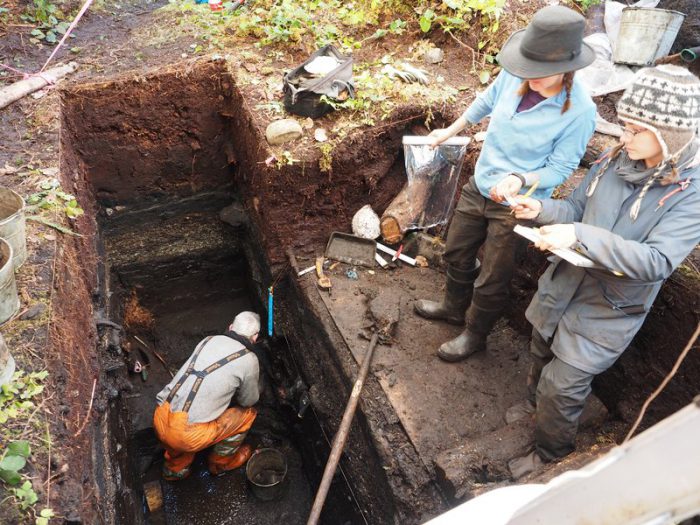 Researchers dig up evidence of an ancient village, including stone tools. (Joanne McSporran)
Researchers dig up evidence of an ancient village, including stone tools. (Joanne McSporran)
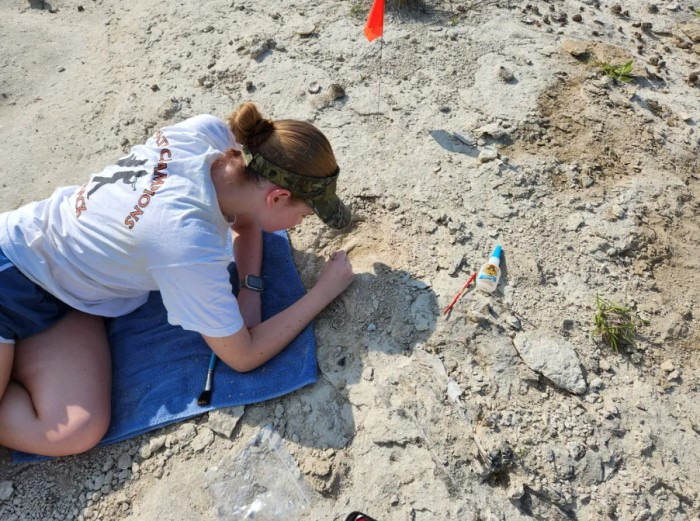
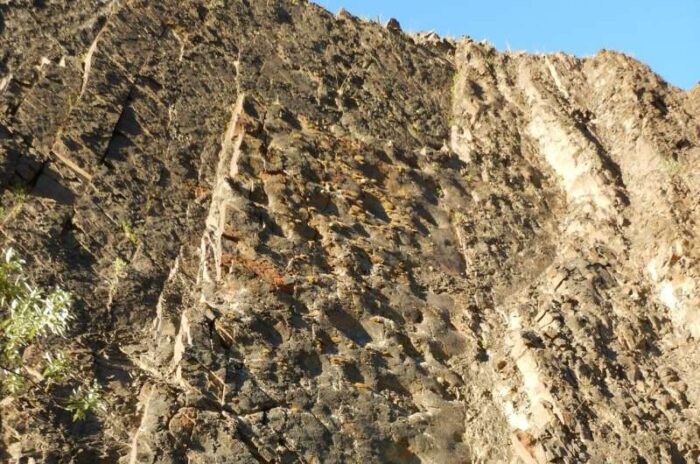
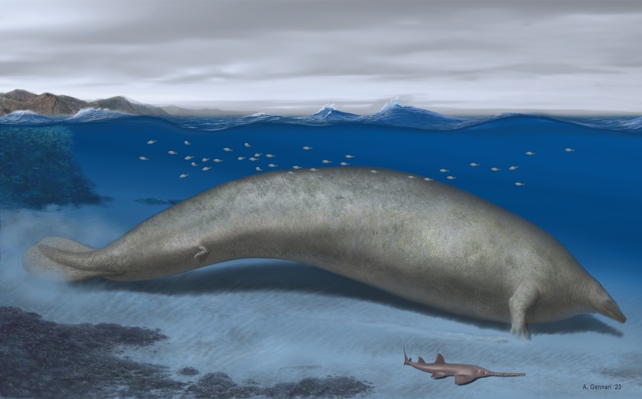
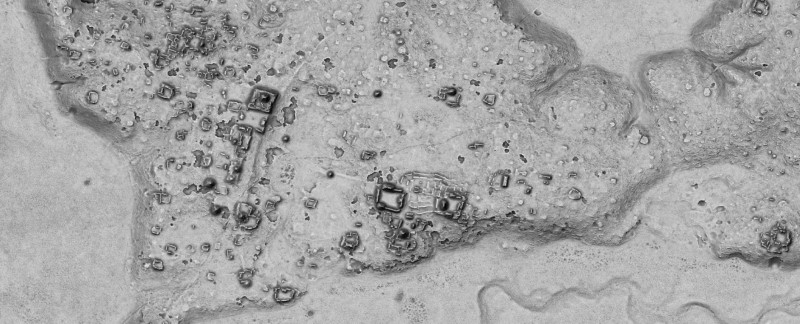

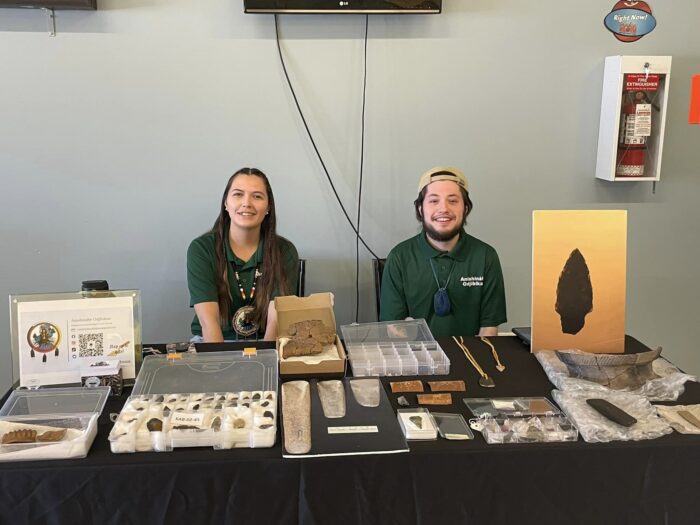
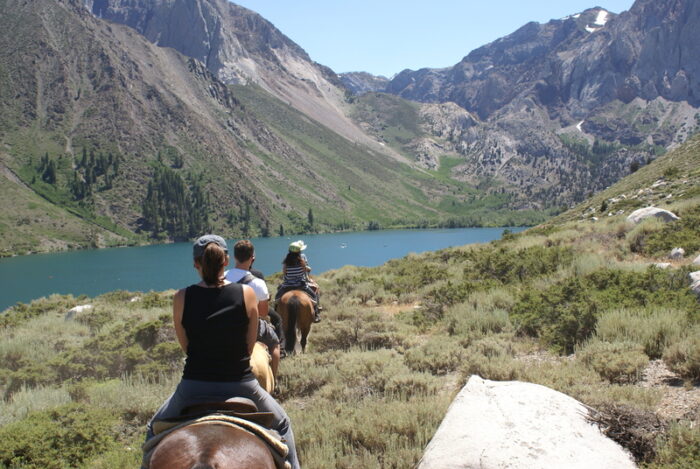
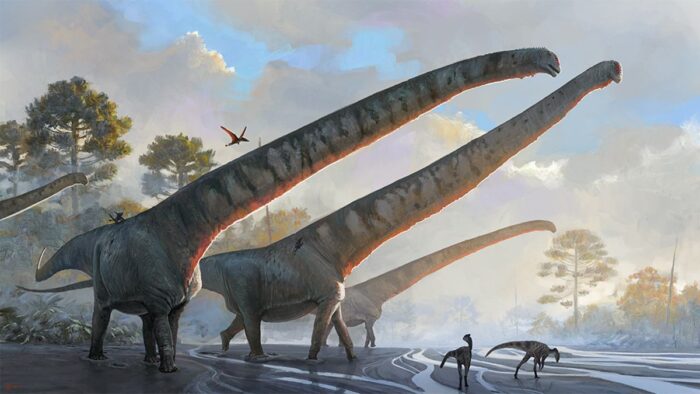
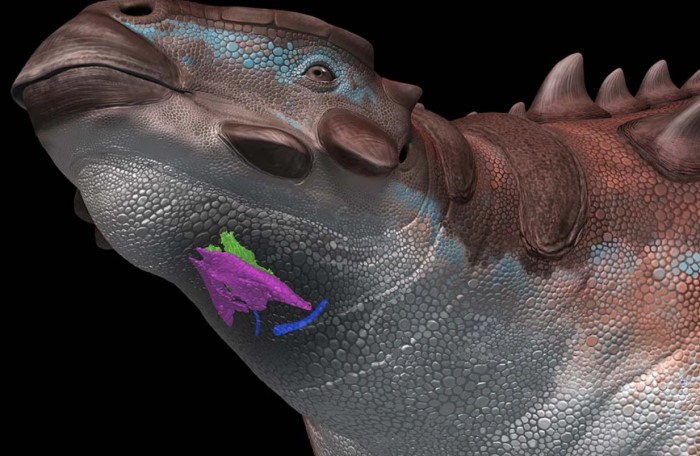
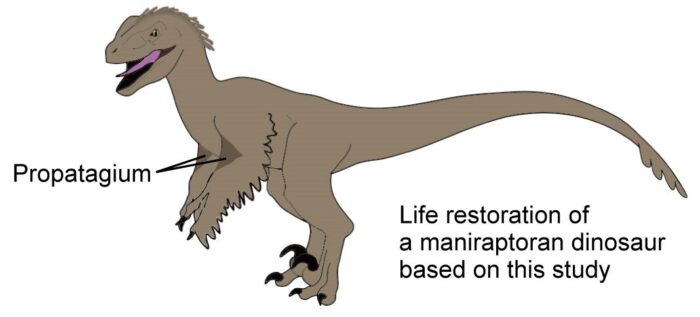
Wow that’s pretty cool! 😛
I know right! Coolio!
WOAH!
😎 it is really interesting!!!